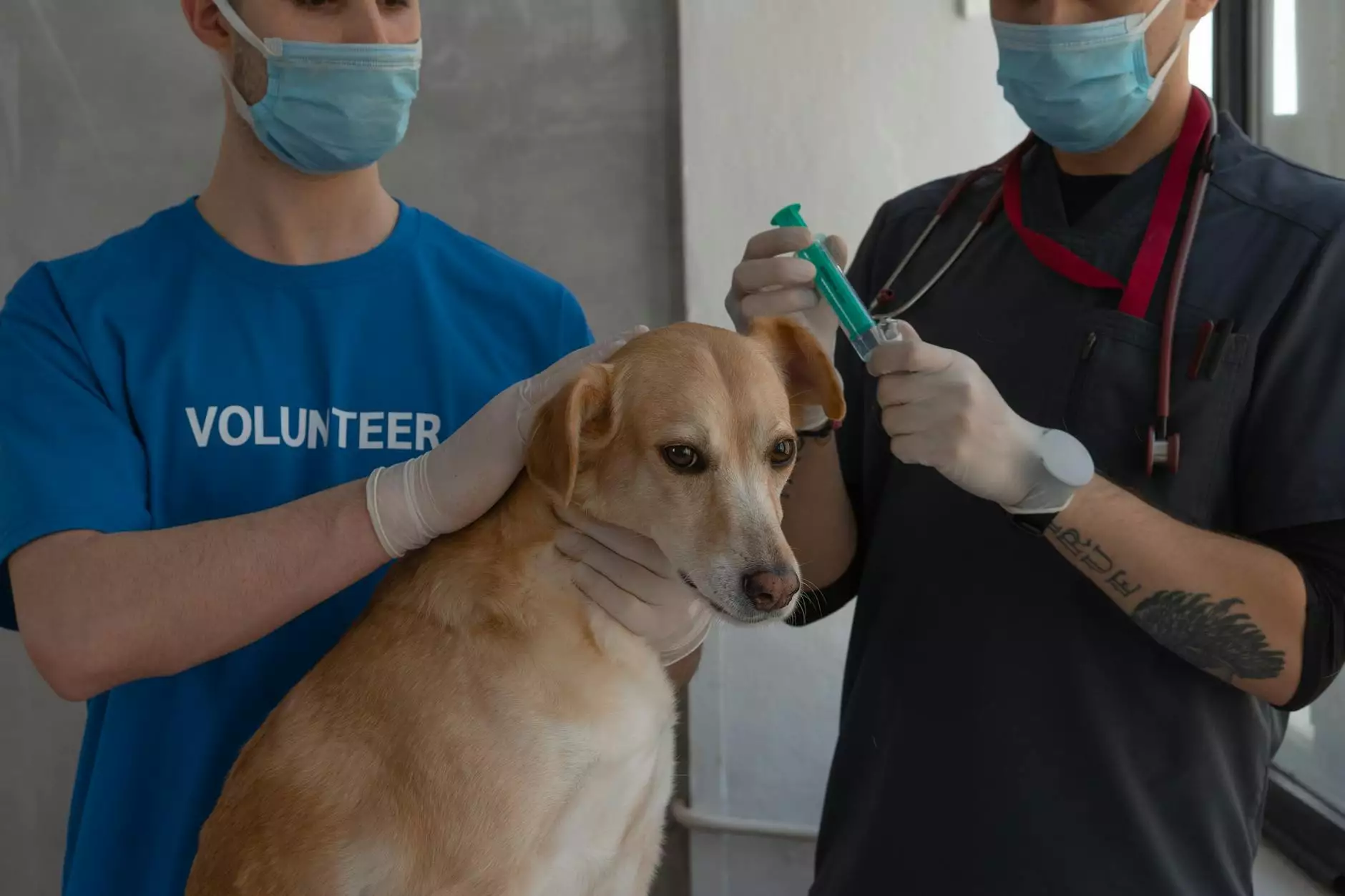The Impact of Race Horse Injection in Equine Care

The world of competitive horse racing is not just about speed and agility; it's also about maintaining the health and well-being of the horses involved. One critical aspect of equine care is the use of race horse injections, a veterinary practice designed to enhance performance and ensure the overall health of these magnificent animals. In this comprehensive article, we will explore the various types of injections used in racehorses, their benefits, and the ethical considerations surrounding their use.
Understanding Race Horse Injections
Race horse injections refer to a range of therapeutic and performance-enhancing solutions administered to racehorses. These may include:
- Corticosteroids: Used to reduce inflammation and pain.
- Hyaluronic Acid: A substance that helps lubricate joints, enhancing mobility.
- Vitamins and Minerals: Essential for the overall health and performance of horses.
- Antibiotics: To treat or prevent infections that might impair performance.
- Growth Hormones: Certain hormones administered in moderation to promote muscle growth and recovery.
Each injection type serves a unique purpose and contributes to the horse's ability to perform at its best while ensuring their long-term health.
The Benefits of Race Horse Injections
Utilizing race horse injections in the right context comes with a myriad of benefits:
1. Enhanced Performance
The primary motivation behind administering injections is to enhance a horse's racing performance. For instance, corticosteroids can help manage joint pain, enabling a horse to train and race without discomfort.
2. Faster Recovery
A horse's recovery speed can significantly impact its ability to compete. Injections containing hyaluronic acid promote joint health, facilitating quicker recovery post-race or training. This means horses can get back to their regimen sooner, maintaining their competitive edge.
3. Prevention of Injuries
Proactive treatment with race horse injections can help prevent injuries. For example, by administering vitamins and minerals, equine practitioners ensure that their patients have the necessary nutrients to support strong bones and muscles, reducing the likelihood of stress fractures or muscular injuries.
4. Improved Overall Health
Regular veterinary care, including the use of injections, plays a vital role in a horse's overall health. This helps detect potential issues early, allowing for timely intervention.
Types of Race Horse Injections
Digging deeper into the specifics, here are some commonly used types of injections in racehorses:
Corticosteroid Injections
Corticosteroids are widely used in veterinary medicine to combat inflammation. They are typically injected into joints afflicted with conditions like arthritis or tendonitis. However, their use is closely monitored due to potential side effects if misused.
Joint Lubricants
Injections of hyaluronic acid, glucosamine, and other joint lubricants can significantly improve joint function. These substances are naturally occurring in horses but may diminish with age or injury.
Therapeutic Injections
Therapeutic injections, which may include nutraceuticals (nutrients promoting health), can be invaluable for maintaining a racehorse's well-being. These injections provide key vitamins and minerals directly into the bloodstream for faster absorption.
Stem Cell Therapy and Regenerative Medicine
Innovative treatments, such as stem cell injections, are gaining traction in the equine world. These can aid in healing injuries that are often difficult to treat, leading to remarkable recovery outcomes.
Ethical Considerations in the Use of Race Horse Injections
With the benefits of race horse injections come ethical considerations. Horse racing is under scrutiny regarding the use of performance-enhancing drugs, and organizations like the Association of Racing Commissioners International (ARCI) are enforcing strict regulations.
1. Fair Competition
One of the core ethical debates is around maintaining a level playing field. Overuse or misuse of injections can give certain horses an unfair advantage, leading to calls for transparency in veterinary practices.
2. Animal Welfare
The welfare of the horse should always be the primary concern. Responsible use of injections should prioritize the horse's health and comfort over competitive gain. Inappropriate use of medication can lead to long-term health problems.
3. Regulations and Compliance
Compliance with local and international regulations concerning drug administration is crucial. Horse trainers and owners must ensure that they stay informed of what substances are permissible to avoid suspensions or disqualifications.
The Role of Veterinarians in Administering Injections
Veterinarians are crucial in deciding when and how to use race horse injections. Their role encompasses:
1. Diagnosis
Before any injection is administered, veterinarians conduct thorough diagnostics to understand the horse's specific needs.
2. Administration
Qualified veterinarians ensure that injections are delivered properly, minimizing pain and maximizing effectiveness.
3. Monitoring and Follow-Up
After administering injections, veterinarians monitor the horse for any adverse reactions and track progress, making adjustments to treatment plans as necessary.
Conclusion
In summary, race horse injections play a pivotal role in the ongoing care of racehorses, enabling them to perform at their best while ensuring their long-term health. With the right application of veterinary science, these injections can lead to enhanced performance, quicker recovery, and greater overall well-being for racing athletes. However, it's essential to navigate the ethical landscape carefully, ensuring transparency and compliance to protect the integrity of the sport and the welfare of the horses. Through responsible veterinary practices, we can contribute to a healthier future for racehorses, keeping both their well-being and competitive spirit at the forefront.
For More Information
For more insights on equine health and veterinary practices, visit RaceHorseMedCare.com, your go-to resource for professional advice and products tailored for optimal horse care.









